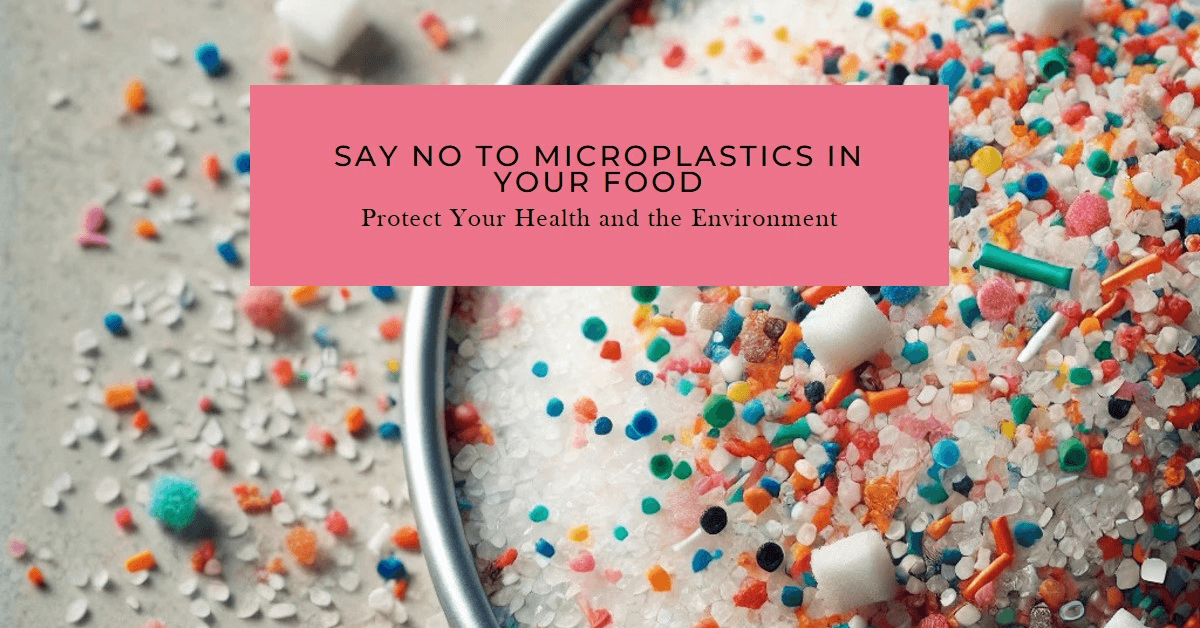A recent study has unveiled a concerning finding: all major salt and sugar brands in India contain microplastics. This discovery has sparked widespread alarm among consumers, health experts, and environmentalists alike. The presence of these tiny plastic particles in such everyday staples raises questions about food safety, public health, and the environmental impact of plastic pollution.
What Are Microplastics?
Microplastics are small plastic particles, typically less than 5 millimeters in size, that result from the breakdown of larger plastic items or are manufactured as microbeads in products like cosmetics and cleaning agents. Due to their size, these particles can easily enter ecosystems, contaminating water, soil, and, as this study reveals, even our food.
The Study’s Findings
The study in question analyzed a variety of salt and sugar samples from popular brands across India. The researchers used advanced techniques to detect the presence of microplastics in these samples, and the results were startling. Every sample tested, regardless of brand or type, contained microplastic particles.
This contamination is likely due to several factors, including the widespread use of plastic in packaging and the pervasive presence of plastic in the environment. As plastics degrade, they release microplastics, which can find their way into the water used in salt production and the soil where sugar crops are grown.
Health Implications
The discovery of microplastics in salt and sugar raises significant health concerns. While the long-term effects of consuming microplastics are not yet fully understood, there is growing evidence that they can have harmful impacts on the human body. Microplastics have been found in human tissues, and there is concern that they could contribute to inflammation, disrupt hormones, and potentially lead to more serious health issues over time.
Children and individuals with compromised immune systems may be particularly vulnerable to the effects of microplastic ingestion. The study’s findings underscore the urgent need for further research into the health implications of microplastic contamination in food.
Environmental Impact
The presence of microplastics in our food is a stark reminder of the broader environmental crisis posed by plastic pollution. India, like many other countries, faces significant challenges in managing plastic waste. Despite efforts to reduce plastic use, such as bans on single-use plastics, the pervasive nature of plastic pollution means that it continues to infiltrate our ecosystems and, as this study shows, our food supply.
What Can Be Done?
Addressing the issue of microplastics in salt and sugar requires a multi-faceted approach. First and foremost, there is a need for stricter regulations on plastic use and disposal. Improving waste management systems and promoting the use of biodegradable materials can help reduce the amount of plastic entering the environment.
Consumers can also play a role by reducing their reliance on plastic products and supporting brands that use sustainable packaging. However, it’s clear that larger systemic changes are needed to tackle this issue at its root.
Additionally, more research is needed to better understand the extent of microplastic contamination in food and its health impacts. Public awareness campaigns can help inform consumers about the issue and encourage them to make more sustainable choices.
Conclusion
The revelation that all Indian salt and sugar brands contain microplastics is a wake-up call. It highlights the far-reaching consequences of plastic pollution and the urgent need for action at both individual and systemic levels. As we continue to grapple with the challenges of modern living, ensuring the safety and purity of our food must remain a top priority. The findings of this study are a stark reminder that our current approach to plastic use is unsustainable, and change is not just necessary—it’s imperative.
#epicinfinite #epicarticle #epicblog
What are your thoughts? Share them in the comments below.










